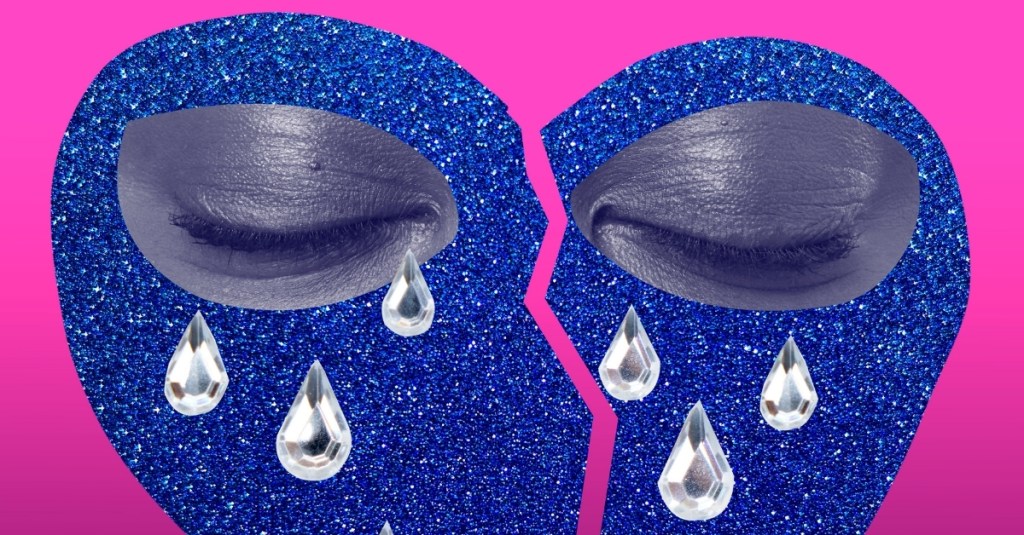Tuesday night’s Game 3 was the Kawhi Leonard game. 29 points on 10-of-13 shooting and a sparkling defensive display featuring a mix of aggressive physicality with enormous and disruptive jazz hands. The San Antonio Spurs throttled the Miami Heat, 111-92, and Leonard got it all started.
Leonard has immense talent, draped across an elaborately elongated frame, but he also plays with an endearing naiveté. He seems blissfully unaware of how talented he is, and the truth is no one else really does, either. Game 3’s 29 points were a career-high for Leonard (stretching all the way back to his days at San Diego State). He seems capable of so much more, but it’s hard to be certain.
Videos by VICE
On some level we all acknowledge that at least part of Leonard’s success is due to the Spurs’ system. He has had the benefit of playing within an enormously strong and consistent culture, alongside three likely Hall of Famers, and for one of the greatest coaches of all-time. He plays in an offense where his responsibilities are pared down and simplified—swing the ball, take open shots, fill the lane in transition, exploit mismatches, and attack openings. All of these things certainly helped smooth his transition into the NBA and continue to help scaffold his effectiveness.
Still, there is the paradox of whether the Spurs’ system also constrains him. Like most of the Spurs’ players, his offensive opportunities are mostly reactive, orchestrated by system and conjured from the defensive circumstances. He isn’t consistently afforded opportunities to play the proactive initiator in their offense and projecting him into that role on a large scale is a thoroughly hypothetical exercise. Leonard uses just 18.3 percent of the Spurs’ offensive possessions when he’s on the floor, below the 20.0 threshold we’d see if possessions were split evenly among all five players. He’s taken 15 or more shots in a game just 12 times in his entire NBA career (LeBron James took 15 or more shots 54 times in just this regular season alone). Overly or properly qualified, he is still a cog.
Leonard was part of a bizarre narrative cycle in last year’s playoffs, perfect enough to have been the work of Stan Lee. In their heroic battles with Lebron James, Jimmy Butler, Paul George and Leonard, in quick succession, each raised their games to new highs, announcing themselves as part of the next great wave of NBA wing players. Three new superheroes emerged with duplicate origin stories. Expectations were sky-high for each this season and each has been a disappointment, to varying degrees, mostly because of a failure to consistently live up to the development curve they seemed to have embarked on in the playoffs last season.
But Leonard is unique in this triad. The Bulls and the Pacers needed, desperately, more production and consistency from Butler and George. They got some of the former and not much of the latter. Meanwhile Leonard’s development has looked flat because it has been at the margins — better passing, better finishing, slightly more off-the-bounce assertiveness. But his “failure” to develop as much as was projected doesn’t have the same stink as George or Butler because he hasn’t failed the Spurs. Leonard has continued to be exactly what they need.
He played his role to perfection in Game 3—there he was attacking closeouts off the dribble and knocking down another open jump shot—but also pressed just a little more than usual. He sought out small places to tilt the Spurs’ whirling offensive contraption towards himself. He drove the system perhaps as much as he ever has. And in those moments of situational brilliance we want to see the situation expand. We want to see him assume the mantle of greatness from Tim Duncan, make the Spurs into his own, LeBron into his nemesis, and engage in mortal battle for the fate of the basketball universe.
At some point the landscape will change and Leonard will be forced to evolve in a new ecosystem. At that point we will be able to see whether the adaptations he’s made over these first three seasons can be generalized, applied more broadly and strongly, to carry the next era of Spurs’ basketball. But right now that’s not his job and until then, like any good Spur, Kawhi Leonard does his job.
More
From VICE
-

De'Longhi Dedica Duo – Credit: De'Longhi -

We Are/Getty Images -

Photo by tang90246 via Getty Images -

Credit: SimpleImages via Getty Images